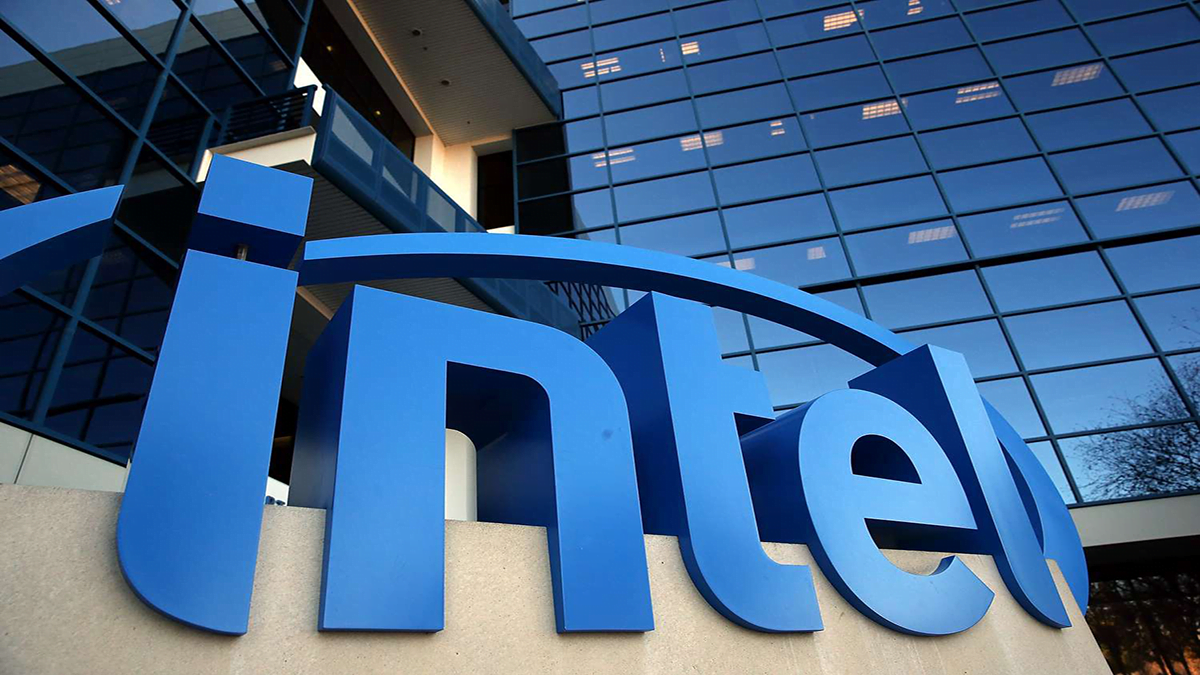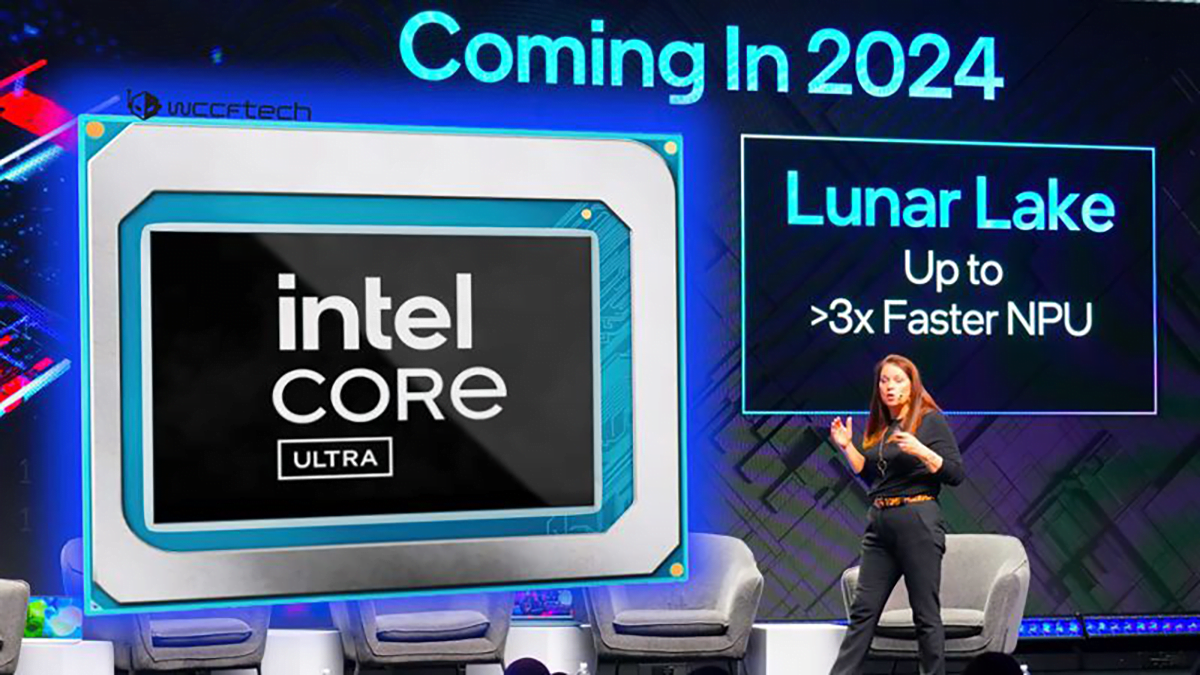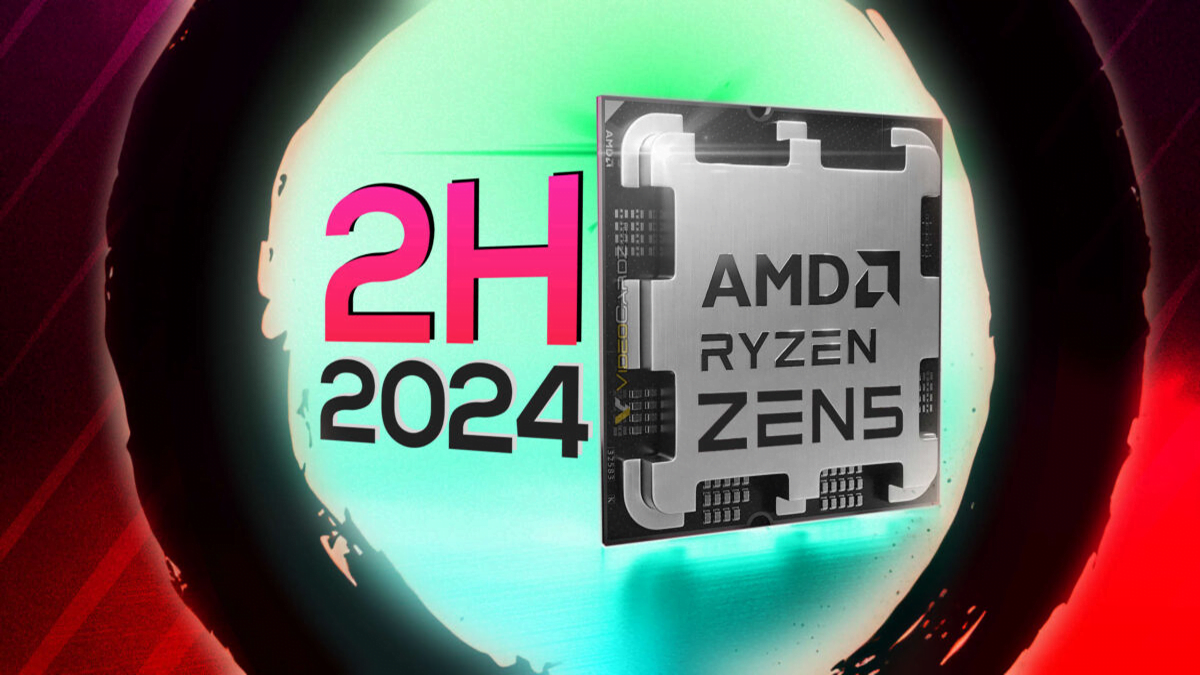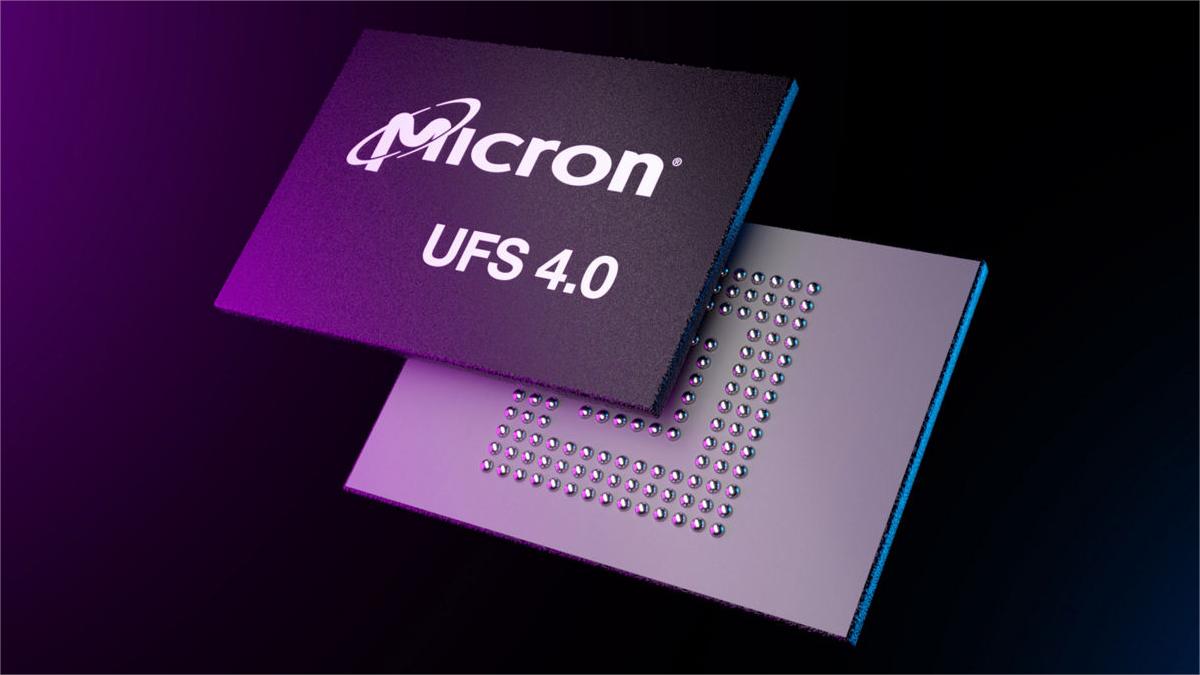The Intel Central Processing Unit (CPU) is a popular choice for many computer users and enthusiasts
However, there are concerns about the value, security, and innovation of Intel CPU . Explore arguments regarding Intel CPU : Overpricing, security vulnerabilities, and innovation critiques. Countering with Intel’s single-threaded strength, software compatibility, and reliability.
Intel CPUs are overpriced. Compared to comparable AMD CPUs, Intel CPUs are typically more expensive. Additionally, Intel CPUs do not offer significantly better performance than AMD CPUs. This discrepancy in price can make it difficult for budget-conscious consumers to upgrade their systems. This is especially true when considering that other components, such as graphics cards and RAM, can be just as important for performance as the CPU.
Moreover, overpriced CPUs make it difficult for consumers to justify upgrading their systems when they may not see a significant improvement in performance. This can lead to consumers holding onto older systems, which can further stifle innovation and advancements in the industry.
On the other hand, Intel CPUs offer better single-threaded performance than comparable AMD CPUs. This is important for certain applications, such as gaming, where a faster CPU can result in higher frame rates and smoother gameplay. Some consumers may be willing to pay more for better single-threaded performance, especially if they prioritize gaming performance.
Intel CPUs have security vulnerabilities
In recent years, Intel CPUs have been subject to numerous security vulnerabilities. These vulnerabilities can compromise user data, leading to potential identity theft and other malicious activities. Intel’s response to these vulnerabilities has been inadequate, with some patches causing further performance issues and not fully addressing the vulnerabilities.
These security vulnerabilities can also lead to decreased trust in Intel CPUs and the company as a whole. Consumers may be hesitant to use Intel CPUs for sensitive activities, such as online banking or storing personal information.
On the other hand, Intel CPUs have a longer track record of reliability compared to AMD CPUs. Intel CPUs have a long history of reliable performance and are widely used and tested in a variety of environments. Some consumers may be willing to pay more for a proven track record of reliability, especially if they prioritize stability and longevity over performance.
Intel CPUs lack innovation
Intel has not significantly improved its CPU architecture in recent years, leading to stagnant performance gains. In contrast, AMD has made significant advancements in CPU architecture and has surpassed Intel in some areas. Intel’s lack of innovation has allowed AMD to catch up and surpass Intel in some areas, which can limit consumer choice and competition in the market.
However, Intel CPUs have better compatibility with certain software. Some software is optimized for Intel CPUs, and Intel CPUs may be required for certain professional software applications. Some consumers may be willing to pay more for better compatibility, especially if they are using specialized software for work or other activities.
In conclusion
While Intel CPUs may be overpriced, have security vulnerabilities, and lack innovation, they also offer better single-threaded performance, better compatibility with certain software, and a longer track record of reliability. Ultimately, the choice between Intel and AMD CPUs will depend on individual needs and priorities, such as performance, compatibility, and budget.





